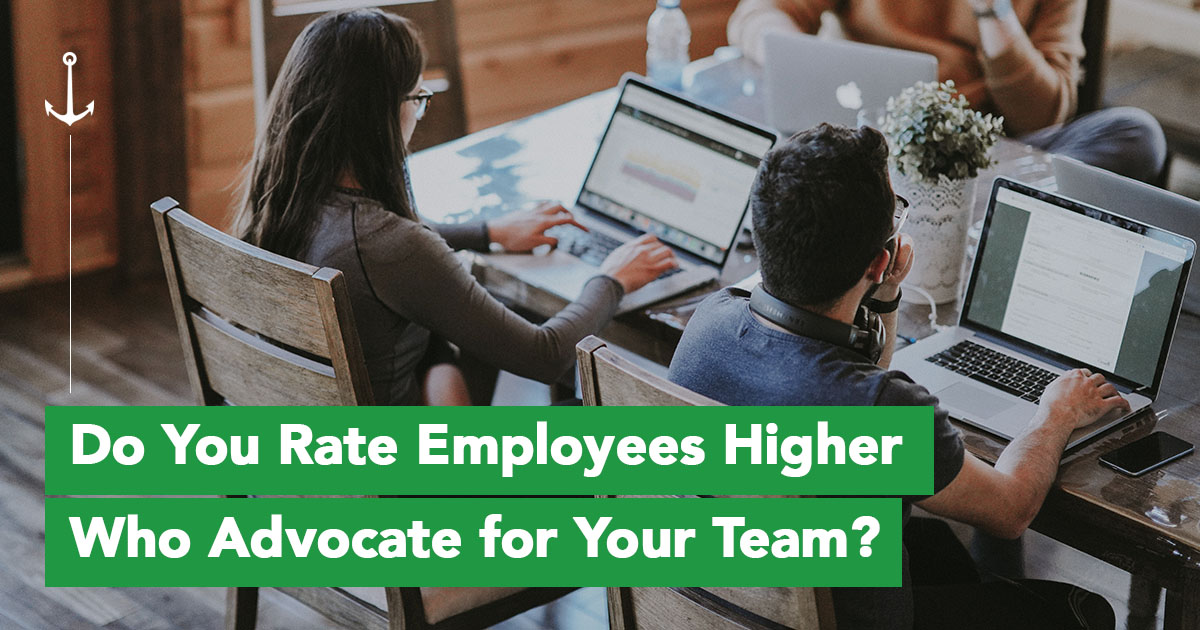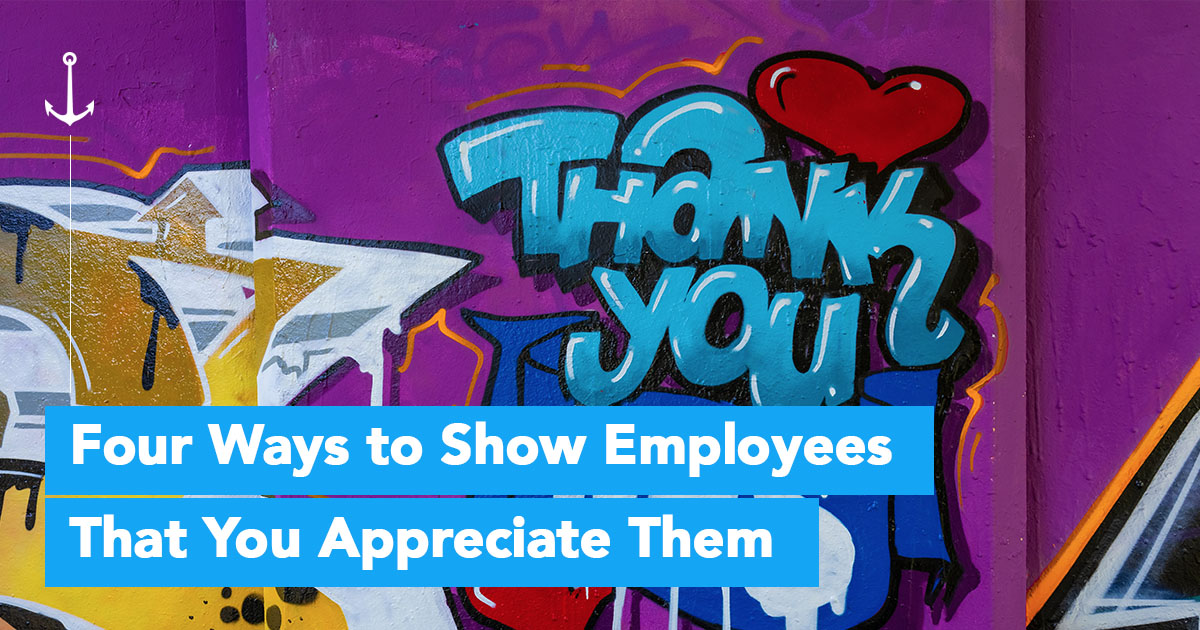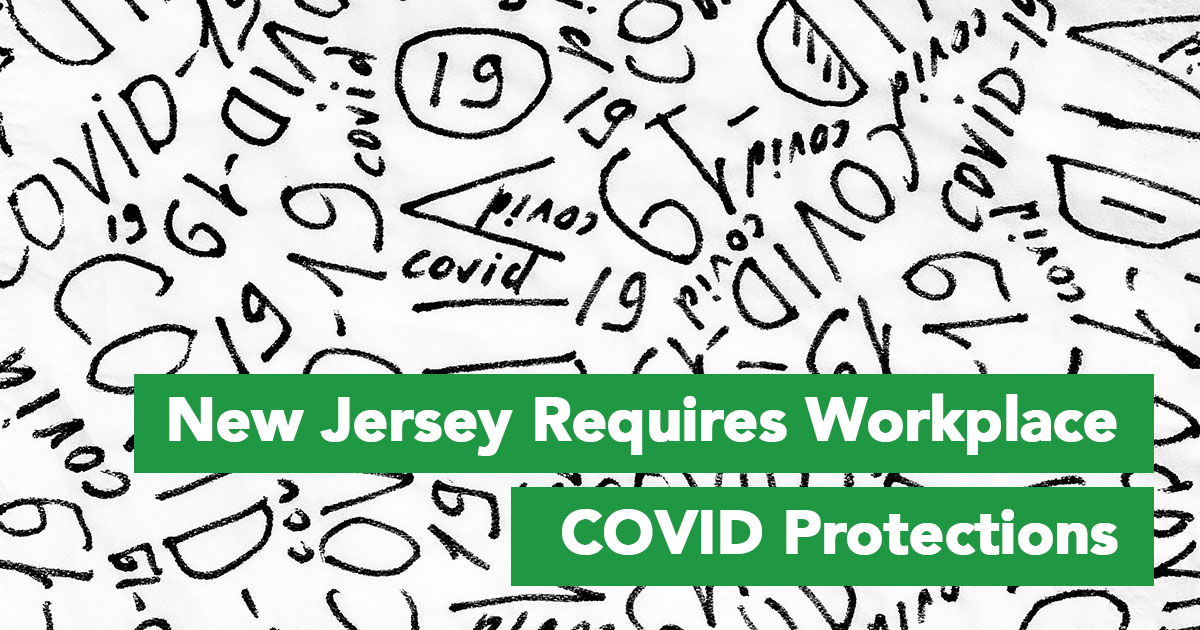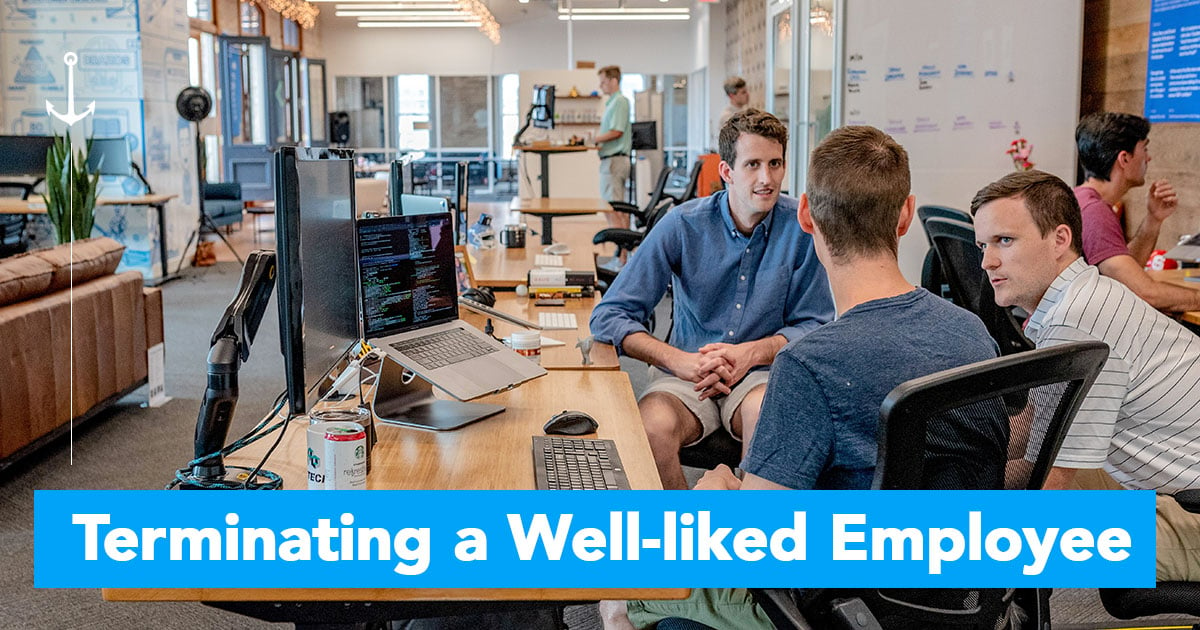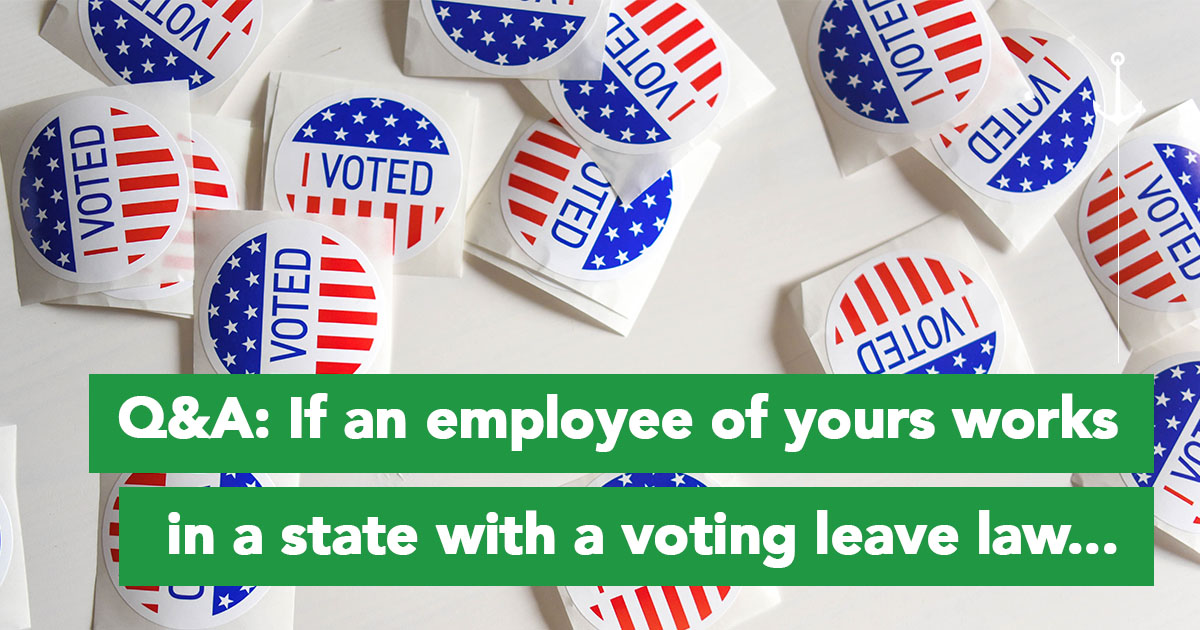When completing performance reviews, psychologists and researchers alike agree that managers naturally exhibit bias in the ratings. To be fair and objective, a performance evaluation must be based on the employee’s job-related behavior, not on the employee’s personal traits, work situation, or other factors unrelated to employee performance. While subjectivity and partiality will never be completely removed from the process, it is important to keep some of our most common prejudices in mind when completing performance reviews.
Anchor Staff
Recent Posts
Do You Rate Employees Higher Who Advocate for Your Team?
Topics: leadership, teams, collaboration, employers, employees, hr
Four Ways to Show Employees That You Appreciate Them
How often do you say “thanks” to your team? Daily, occasionally, during an annual review?
Saying thanks and showing appreciation shouldn’t be limited to special occasions. Here are four ways to create a culture of appreciation in your workplace:
Topics: teams, hr, humancapitalmanagement, motivation
Human Resources
☐ Verify home address for all employees
☐ Reconcile all vacation/sick and/or Paid Time off balances for year-end payout or carryover if applicable
☐ Move current year terminated personnel files to storage
☐ Remind employees to file an amended W-4 if there has been a change in their filing status, exemptions, etc.
Topics: yearend
With the holidays here and year-end quickly approaching, many businesses will be looking to ramp up their workforce even more for the final holiday push. At least three key challenges exist for any business facing this need: (1) to figure out how much time and effort to invest in seasonal employees without sacrificing customer service and ongoing activities, (2) to motivate seasonal employees on the short-term goals, and (3) to utilize these opportunities to further your and their long-term needs and goals.
Topics: employers, employees, hr, humancapitalmanagement
Starting on November 5, 2020, employers in New Jersey are required to follow specific safety measures to protect employees against COVID if they are physically present at the workplace. Specifically, employers are required to:
Topics: covid_19, covid, New Jersey
Eight years ago you hired an extremely talented, energetic individual who quickly became a source of enthusiasm and expertise in your workplace. A friend to everyone, this star employee excelled in their work, acing every performance review. Until recently.
About six months ago, this individual developed a snooty attitude with management. Regular absences and tardiness soon followed. Projects weren’t completed when they needed to be. Those that got done were usually done poorly. You put the employee on a progressive discipline plan in accordance with your policy, hoping to see a return to their longtime stellar performance, but the employee showed no interest in improving.
A job posting is often the first impression a prospective job applicant has with your organization. It’s important for that impression to be an informative one. Your job postings should convey why someone would want to work for your company, what distinguishes your workplace from others, what’s exciting about your mission and vision, what you have to offer, and what the job is and requires. Here are a few ways to get better results from your job postings:
Topics: leadership, teams, hr, hiring
Everyone experiences grief at some point in their life, and yet for being such a common experience, it’s also one that few of us are fully equipped to navigate when it comes. In part, this is because grief is such an overwhelming and horrible experience. Nothing can prepare you for it. You just have to go through it and get through it. Grief is also a unique experience for each person. Everyone has their own path through its stages, and what helped one person work through their grief may not help another.
Topics: covid_19, covid, leadership, teams
Q&A: If an employee of yours works in a state with a voting leave law...
Question: One of my employees has requested time off to vote. My state doesn’t require voting leave, but this employee works in a different state, and we have employees located across the country. What do I need to do here?
Answer: If an employee of yours works in a state with a voting leave law, you will need to comply with that law. Most states require that employers provide at least a few hours to vote, and many of those states require some or all of that time to be paid. In New York, for example, all registered voters are allowed to take off as much time as is necessary to enable them to vote and are entitled to be paid for up to three of those hours. You’ll also want to check any applicable voting leave laws for notice requirements and for specifications on when during an employee’s shift the time off should be given. You can find all this information on the HR Support Center by entering “voting leave” in the search bar.
What to know as employees return from Thanksgiving gatherings...
Question: Several of our employees have talked about having Thanksgiving with large groups of extended family. What can we do to reduce the risk of COVID-19 spreading into our workplace?
Answer: Assuming you don't want to make everyone quarantine or argue with employees about their Thanksgiving dinner plans, I’d follow the guidelines used for exposed healthcare workers. Everyone in the workplace should:

